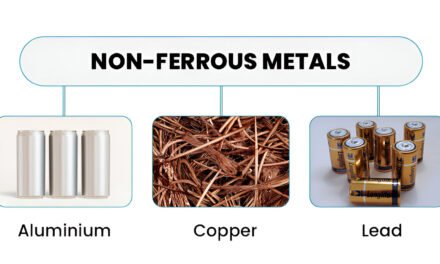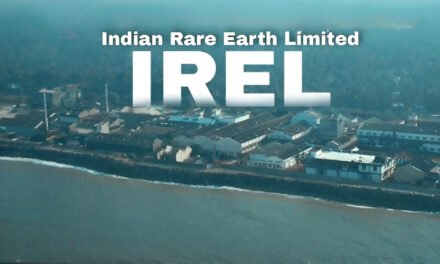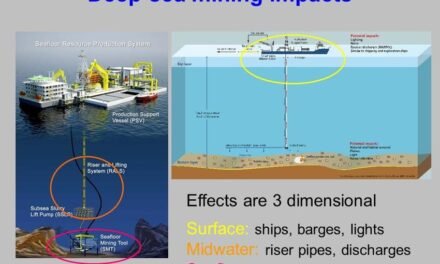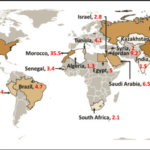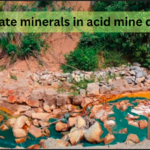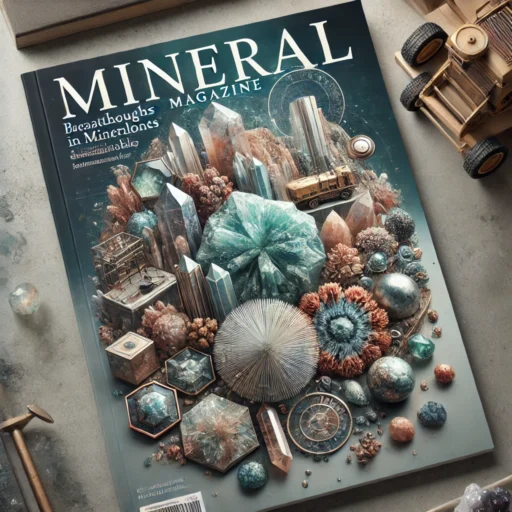On December 9, 2024, the Tamil Nadu Legislative Assembly unanimously passed a resolution condemning the Union Government’s decision to grant tungsten mining rights to Hindustan Zinc Limited in Nayakkarpatti village, Melur taluk, Madurai district. The resolution urged the Centre to immediately cancel these mining rights and emphasized that no mining licenses should be issued without the consent of the respective state government.
Chief Minister M.K. Stalin, intervening during the debate, firmly stated that tungsten mining would not be allowed under any circumstances, citing concerns over environmental degradation and adverse impacts on local livelihoods. He assured the Assembly that as long as he holds office, the state government will not permit such mining activities in Madurai district.
The resolution highlighted that the proposed mining area includes the Arittapatti Biodiversity Heritage Site, which is home to numerous historical monuments, such as cave temples, Jain symbols, Tamil Brahmi inscriptions, and habitats for rare species. The state government had previously raised objections to the Union Government’s decision, emphasizing the ecological and cultural significance of the site.
In response to the Assembly’s resolution and public protests, the Union Ministry of Mines requested the Tamil Nadu government to withhold the issuance of the Letter of Intent to Hindustan Zinc Limited. The Ministry also directed the Geological Survey of India to explore the possibility of redefining the block boundary to exclude the biodiversity heritage site.
This development underscores the ongoing tension between state and central authorities regarding resource management and environmental conservation, reflecting the complexities involved in balancing economic development with ecological preservation.


